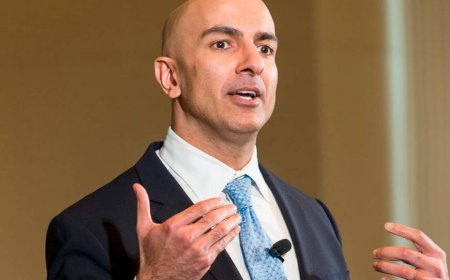‘It underpins everything’: how people in a relationship manage their finances
For many couples, shared income is no longer the default model – and some enjoy keeping things separate

When Laura, a teacher from Manchester, first moved in with her now husband, money was, she said, “almost a non-topic”.
They earned similar amounts, split the bills, were often both skint and “felt like equals navigating a fun but slightly precarious time together, with separate bank accounts”.
Over time, however, this changed. When the couple married and decided to buy a flat together, Laura was earning more, but her husband was given a house deposit by his family, leading to complicated questions about who should own what proportion of the property. When Laura spent two years on maternity leave, her husband became the sole breadwinner.
“We still had our separate accounts, but mine was empty, my pension contributions were zero, and he paid all the bills,” said Laura. “Even though he recognised my unpaid childcare as an equal contribution, I felt financially at his mercy.
“I never thought money would define any of my relationships but let’s be honest: in a world where public services are shot to pieces and another rent increase can tip a person into an existential crisis, how we deal with money in a relationship is underpinning everything.”
It was only when the couple decided to merge all their assets and bank accounts, Laura said, that their relationship dynamic “felt healthy and equal again”.
Laura was among hundreds of people who shared with the Guardian how they manage finances with their romantic partner.
Scores felt that money had become a central topic in their relationships in recent years, with many pointing to the cost of living, financial literacy, pensions and smart investing having become major topics on social media.
For many couples, shared finances are no longer the default model. At the same time, the gender pay gap and the gender pension gap remain stubbornly in place in many countries. Millions of women have unwillingly quit work or reduced their hours because of childcare in recent years, while studies consistently show that women are more stressed about finances and the cost of living than men, and lag behind them in financial education, confidence and literacy.
While many respondents said they were uncomfortable with the idea of merging finances with their partner, many others said they had embraced the traditional model of combining everything, as they felt other models risked creating conflict and resentment.
“We share everything 50/50, although I earn significantly more than my wife,” said a 40-year-old father from Nantwich. “What would be the point in me having more money than my wife?”
“I struggle to get my head around long-term couple friends who can’t go on holiday together because only one person has enough saved to afford it, due to differences in their pay,” said Matt, 42, a researcher from Manchester.







































































































































